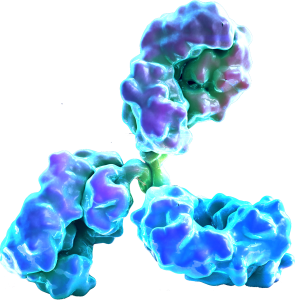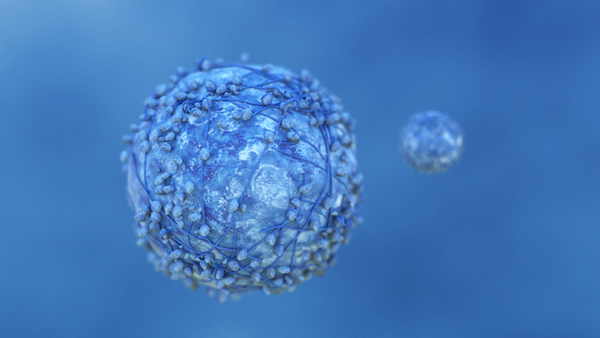Research Areas

Basic research with medical impact
Our goal is to perform basic biomedical research with a fast-track from foundational discoveries to clinical advances. Our scientists have made fundamental discoveries in immunity and cancer biology, and have developed unique technologies advancing molecular biology and drug discovery. Read below to learn more about our research fields and activities.
Immunity
Antibody diversity. We have elucidated mechanisms for how the immune system builds vast repertoires of antibodies, the primary molecules in the blood that fight infections and cancer. Antibodies can bind to a nearly infinite number of antigens, which are target structures on invading microoganisms or tumor cells. The ability of B-cells (a subset of white blood cells) to modify their genetic material to produce an unbelievably diverse antibody repertoire is a major focus of our research. In the last several years we discovered that cows have a very unusual antibody structure as well as underlying genetic mechanisms for antibody diversification. These unique antibodies can attack antigens with concave or cryptic surfaces, opening up the possibility of using engineered cow antibodies to fight challenging targets in several diseases. Our initial discovery was featured on the cover of Cell in 2013, and more recently we showed with our colleagues at Scripps Research that cows have a remarkable ability to produce broadly neutralizing antibodies against HIV, providing new insights into potential therapeutic and vaccine strategies. This work was published in Nature in 2017.


Cancer
We study basic processes of cancer formation and spread, and particularly how the immune system interacts with cancer. Our work is revealing how antibodies kill tumors, and how key cells like T-cells and NK-cells mediate anti-cancer immunity. We are applying these research activities to discover new drug targets and to ultimately devise new treatments.
Antibody Therapeutics. Antibodies are now a major class of pharmaceuticals, with several drugs including Herceptin (trastuzumab), Rituxin (rituximab), and Humira (adalimumab) now mainstays of treatment for breast cancer, lymphoma, and autoimmune disease. At the ABS institute, we understand antibodies, we engineer antibodies, we discover new antibodies, and we also develop new antibody technologies for better diagnosis and therapy of several diseases. We have made significant advances in discovery techniques such as phage display and arrayed antibody libraries, as well as site-specific conjugation methods for antibody drug conjugates.
Please visit our publications page for details on our scientific discoveries.

